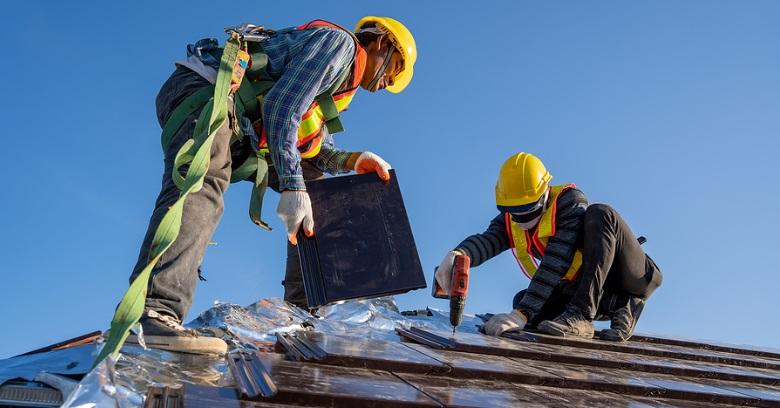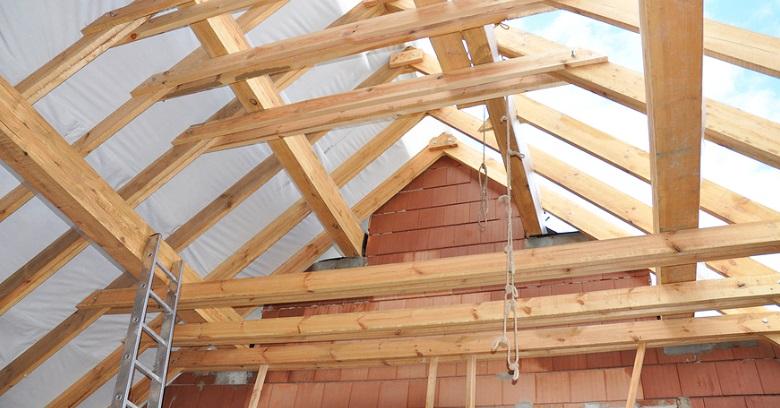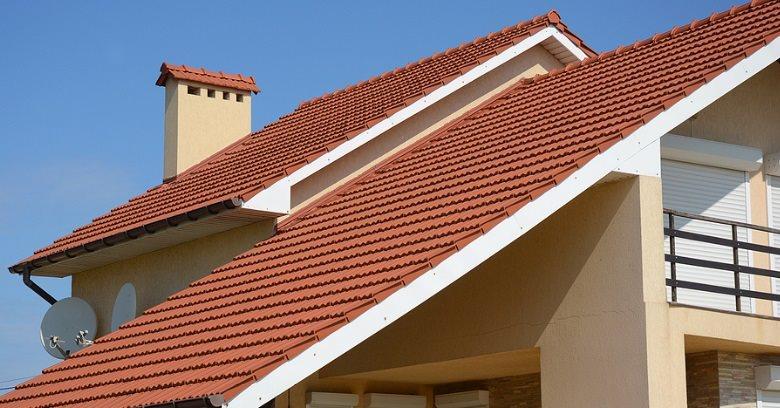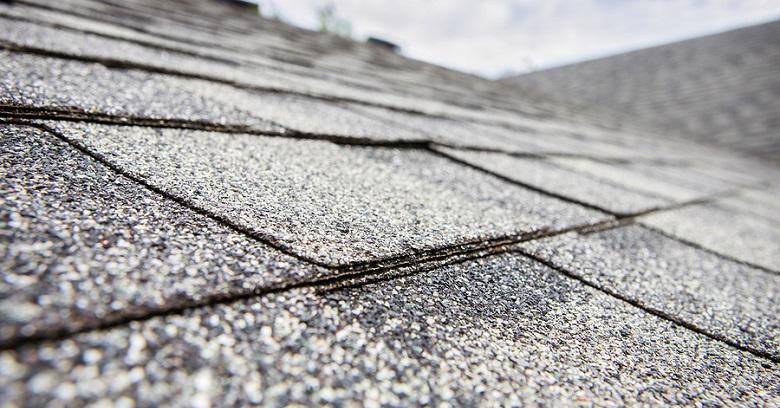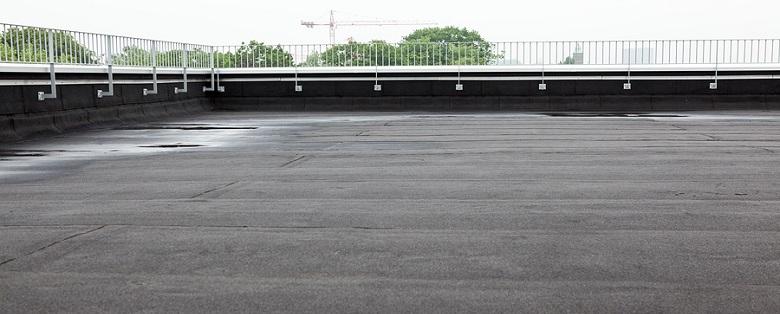Finding a qualified local roofer can be a real challenge considering how many of them are out there.
To find one that will do a good job on a new roof or repairs, charge a fair price, and stand behind their work, start off by getting a few referrals from friends, family, or the internet.
Once you’ve compiled a list of potential roofing candidates, inquire about all the following important details so you can compare and make the most informed decision.
1. References
Before getting too involved, ask any roof company to provide customer references that you can inquire with about their dealings with the company and get important feedback from them.
Past customers are usually happy to explain the experience they’ve had and any problems encountered to give you a good idea as to whether a roofer is reputable to work with.
Check the Better Business Bureau as well.
2. Qualifications and Insurance
Ask to see whether the roofer has any locally required licenses, training qualifications, and memberships in good standing in any local or national roofing associations.
Then ask for proof of business and workers compensation insurance to protect all persons and property during jobs.
3. Written Estimates
Every reputable roofer should be able to provide a detailed written estimate of any roof installation or repair work they might perform with all costs documented and explained so there are no fees hidden that could be a surprise later.
The estimate should also include any work that must be subcontracted out, any cleanup or disposal fees, and all other expenses that may come into effect during the job.
4. Explanation of Warranties Offered
There are multiple warranties offered with roofing work depending on what is being done, the materials used, how they are used, and the roofer performing the work.
Before agreeing to anything, it’s essential to inquire about which warranties are included in the job, who is responsible for each one, and what the specifications are to maintaining those warranties once the work has been performed.
Get the roofing company to tell you specifically what must be done to prevent manufacturer warranties from being voided, and what they plan to do to warranty their own work, as well.
5. Manufacturer Specifications on Materials
Many manufacturers of premium roof materials insist that the roofers installing them are trained to work with their material in order for the product warranty to be honored.
In that way, the manufacturer can ensure that the customer receives proper workmanship so that their product can perform as it should.
Find out if the roofer is certified by the manufacturer to install their products before signing an agreement.
6. Roofing Process
Whether looking for a whole new roof or just some repair work, talk about the process any roofer will use to and make sure you are agree with it.
Most importantly, be certain that the selected roofer will not take cost-saving shortcuts like not stripping off the old roof and that repairs are properly made, not just patched on the surface.
7. Ventilation
One of the most overlooked, yet critical components of every roof is proper ventilation, which starts in the attic.
If getting a new roof or addressing certain issues affecting the current one like shingle damage, dampness in the attic, improving energy efficiency, or other issues, talk to the roof company about ventilation and if they will ensure that your roof has enough before performing the work.
The longevity of your roofing depends on it.
Just Ask the Right Roofing Questions
Roofing work is costly, so it is important to find an experienced roofer who can provide the best work for your investment.
By asking the right questions, you can find a great roofer in your area to handle all your roofing needs!
